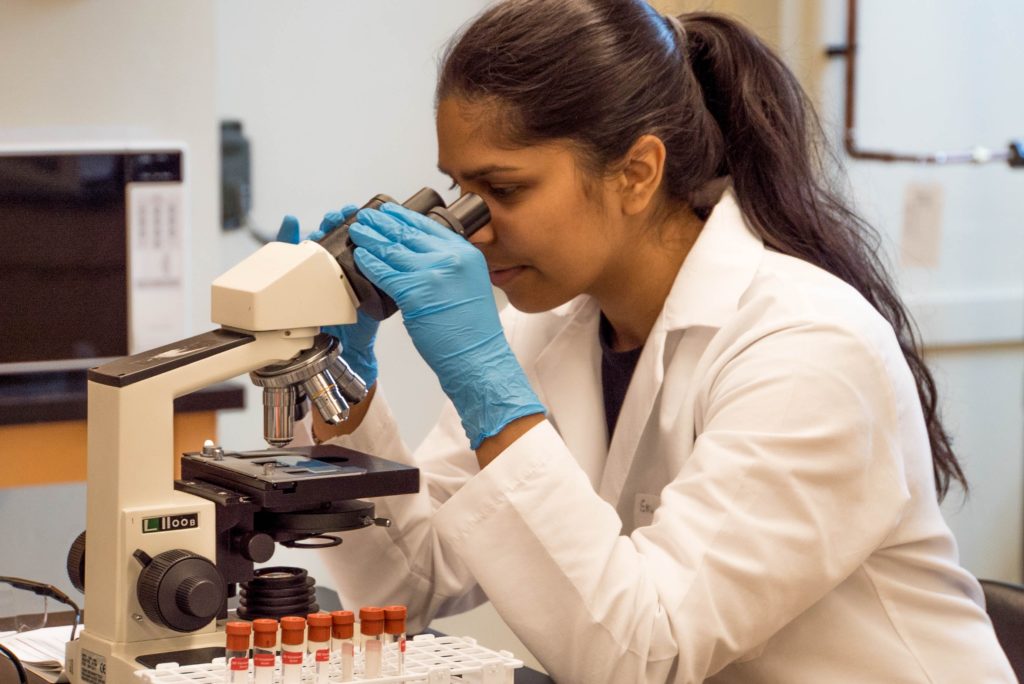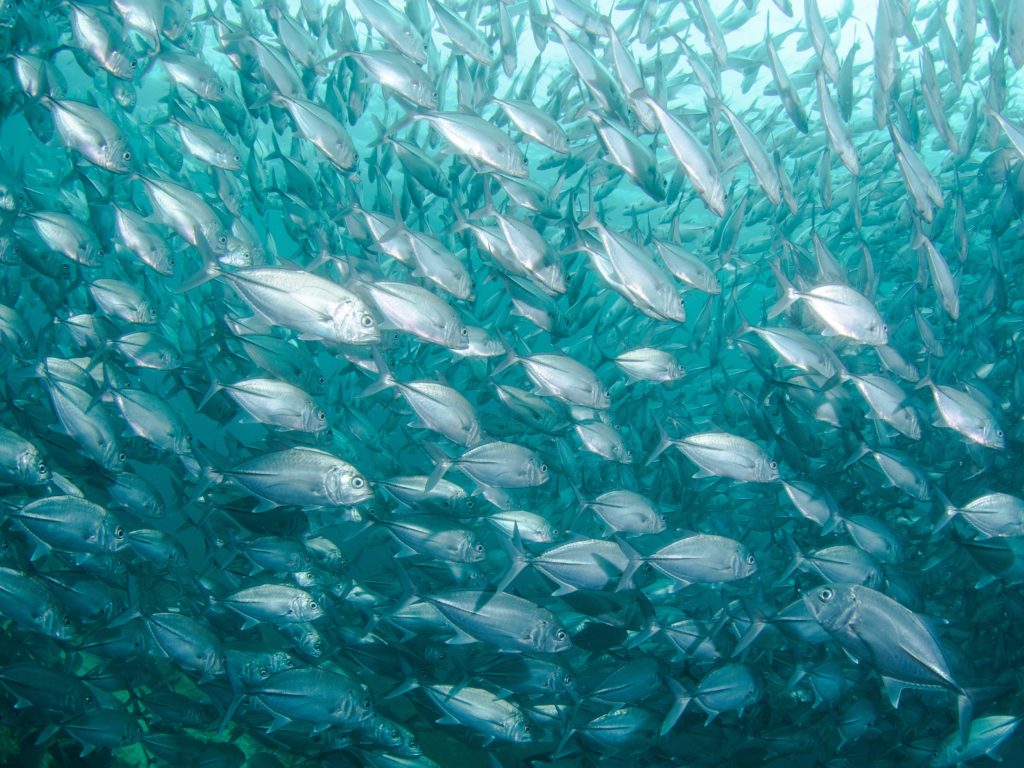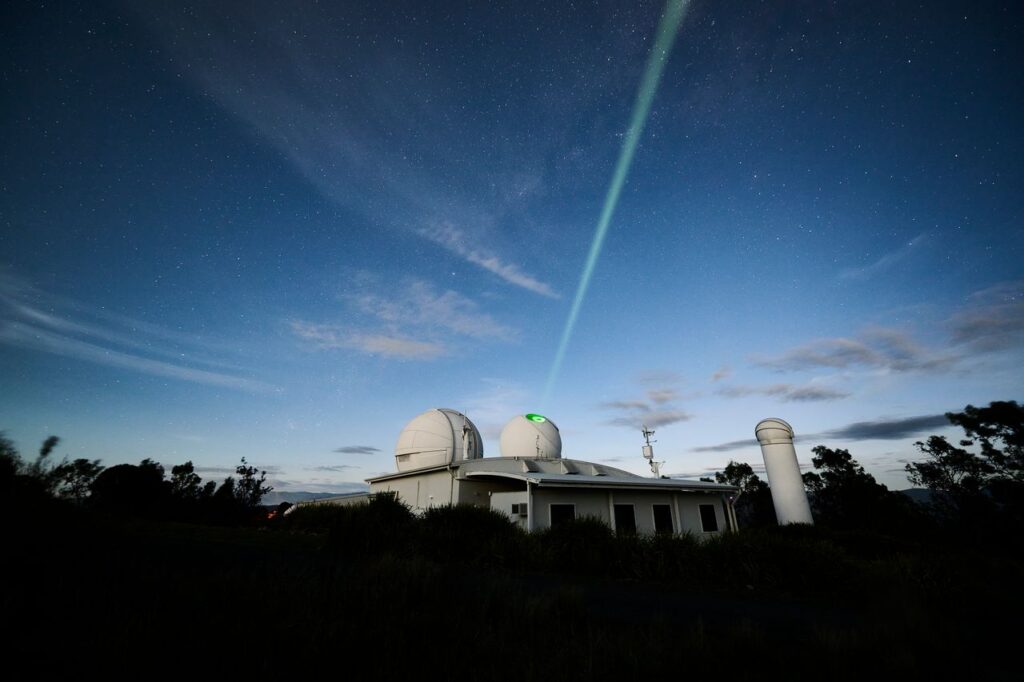Globalisation, automation and rapidly changing needs mean the future of employment will probably look very different to now. In fact, many current careers won’t exist in the next 10 to 20 years. So, it’s critical that students ask the important question: ‘Will my chosen study path lead to strong job opportunities after graduation and beyond?’
In this series, we’re exploring a range of occupations forecast to have strong employment prospects in the future. Some careers in the tech industry are quickly emerging. Plus, there are other existing careers that will also have an important place in the employment opportunities of tomorrow.
Today, we’re exploring the booming industry of aquaculture. Seafood consumption is growing around the world, and the value of commercial fishery and aquaculture production in Australia reached $3.06 billion in 2017. This reflects 9% growth over the past decade, with demand for farmed fish expected to continue in the future. Aquaculture, commonly known as fish farming, is one way to meet this demand.
If you’re interested in the future of food, studying this field could be a great move.
What is aquaculture?
The term refers to the breeding, rearing and harvesting of fish, plants, algae and other organisms that live in fresh or saltwater environments. It can be used to produce food and other products or to rebuild endangered fish populations. The industry now makes up just under half of Australia’s seafood production, while wild-caught products make up the rest. As environmental concerns about at-risk fish species increase, aquaculture offers a viable alternative to depleting wild seafood stocks.
Australia’s fishery and aquaculture industry is relatively small on a global scale, but it exports high-value products like southern bluefin tuna to Japan and live lobster to Hong Kong, China and Vietnam. Other popular products include rock lobster, salmon and oyster.
What kinds of careers are available
Whether you want to specialise in environmental research or pursue the commercial potential of fish, there are lots of different ways to build a career in the industry in both the private and public sector. Options include:
- Aquaculture entrepreneur
- Farm manager
- Hatchery manager
- Fishery officer
- Research officer
- Science officer
- Academic
- Quality control specialist
- Scientist
- Consultant

Why work in aquaculture?
The future of fish
Overfishing, trawling, ocean pollution and climate change have depleted wild fish stocks, meaning we need to develop other sources if we want to keep eating seafood. Land-based farmed fish is one of the most environmentally sustainable meat sources available. Not all farmed fish is eco-friendly (largely due to disease and waste management issues), but the aquaculture industry has the potential to become a part of a new, more sustainable global food system.
Outdoor lifestyle
If you’d rather be out in the fresh air than sitting in an office, aquaculture could be a good place to start your working life. Like other types of farming, the field requires a lot of practical know-how. With a qualification in aquaculture, you might find yourself checking fish stocks on the farm or caring for rare and endangered species at a zoo. Either way, you will probably spend lots of time outdoors.
Make your mark
As an expanding industry worldwide, aquaculture offers plenty of opportunities for professional and financial satisfaction. If you’re already interested in fishing or marine life, a career in aquaculture offers the chance to earn a decent salary or even start your own business, with unlimited potential for growth.
Education Pathways
To kickstart your career, you’ll need a solid theoretical understanding of farming and marine biology. Some aquaculture scientists pursue an academic career, while others choose to make the most of learning on the job. Depending on where you see yourself going, there are few education pathways to choose from.
- Certificate II in Fishing Operations or Certificate II in Aquaculture
- Certificate III in Fishing Operations or Certificate III in Aquaculture
- Diploma of Aquaculture
- Bachelor of Science via TAFE WA university pathway
- Bachelor of Agribusiness via TAFE WA university pathway
Student story
Roberto is originally from Sicily and studied a Diploma of Aquaculture at South Metropolitan TAFE in Fremantle, Western Australia. He had previously studied marine biology and was drawn to TAFE WA’s world-class reputation in marine sciences.
“South Metropolitan TAFE is one of the best institutes for aquaculture in the world,” he says. “There is nothing similar back home. I am currently designing a project for a barramundi farm which is really exciting.”
He has also enjoyed taking advantage of the friendly learning environment and varied support services available. “There is a good balance between practice and theory. My class is very multicultural with lots of different backgrounds.”
As a vocational education institute, TAFE WA is a global hub for the development of aquaculture. Roberto feels lucky to be able to learn about the future of the industry thanks to his experienced teachers.
“My lecturers are very passionate and knowledgeable. They succeed every day in transferring their passion and love of aquaculture.”





